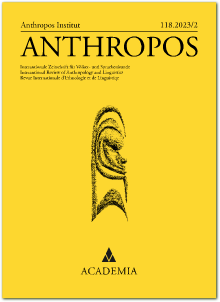Cândida Barros e Ruth Monserrat: Fragmentos da negociação epistolar entre potiguaras no contexto da guerra luso-holandesa (1645): “xe nheenga” / “xe papera”
Abstract
Drawing on the definition of the communicative function of the letters written in Tupi by the Potiguara Indians in 1645 as an offer of surrender, the purpose of this work is to analyze such documentation regarding it as a space for negotiation among Potiguaras, textually built on the superposition of traditional Tupinambá modes of expression (directly quoted speech, interpellation with kinship terms) and Portuguese letters (opening, closure). The stylistic resources employed in nheenga/papera either distinguish or approximate these correspondences from other letters with the same communicative function exchanged between Europeans in the scenario of the Portuguese-Dutch war unleashed in the Brazilian northeast. The research corpus comprises six potiguara letters belonging to the National Archives of The Hague and written between August and October, 1645.
[letters, potiguara indians, tupi language, Portuguese-Dutch war, indigenous literacy]
Get this article
